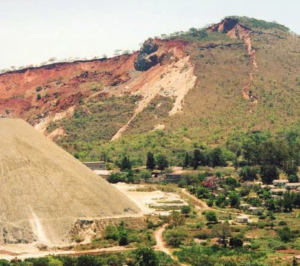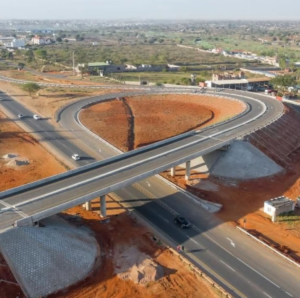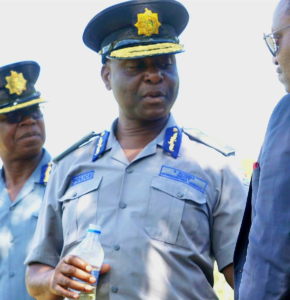MNANGAGWA’S 2030 PLAN: A DREAM OR A DEAD END?
President Emmerson Mnangagwa hosted a meeting at his farm last weekend. He brought together Zanu PF and CCC legislators. His goal? To gather support for an idea that many people believe is unpopular. He wants to stay in power beyond his second term, which ends in 2028. This would mean pushing elections to 2030. However, according to Zimbabwe’s constitution and the law, elections cannot be postponed by parliament.
Mnangagwa has denied wanting to cling to power. He often calls himself a “constitutionalist.” This is ironic because he first came to power through a military coup. Yet, despite his public denials, his allies and supporters are working hard to make his 2030 plan a reality. They are doing this at his request.
At first, Mnangagwa and his team wanted to secure a third term in office. But they soon realised how difficult this would be. Now, they are trying a different strategy. Instead of calling for new elections, they want to extend their current term by two more years. This means no elections until 2030.
Legal experts say this plan is not possible. Parliament does not have the legal power to extend Mnangagwa’s term or the terms of the MPs. Doing so would violate the constitution. If Mnangagwa and his team push forward with this plan, they would be breaking the law.
This has created a big problem for Mnangagwa and his supporters. They are stuck. On one hand, they want to stay in power. On the other hand, they face the risk of violating the constitution, which could lead to political and legal trouble.
Another challenge comes from within Mnangagwa’s own party, Zanu PF. Vice President Constantino Chiwenga and his faction are not happy with this plan. Chiwenga, who is backed by the military, is openly against Mnangagwa’s 2030 idea. This disagreement within the ruling party makes Mnangagwa’s position even weaker.
The situation is complicated. Mnangagwa’s allies are pushing for something that seems impossible under the law. The opposition and the public are watching closely. Many people believe that Zimbabwe’s future should be decided through free and fair elections, not through changes that benefit a few at the top.
What happens next is unclear. Will Mnangagwa push forward with his plan? Will parliament try to bend the law? Or will the opposition and legal experts stand firm to protect the constitution? One thing is certain: the battle for Zimbabwe’s future is far from over.
For now, Mnangagwa’s 2030 dream looks more like a dead end. The constitution is clear, and the people of Zimbabwe deserve leaders who respect the rule of law. Time will tell if Mnangagwa listens to the people or continues to fight for his political survival at any cost.



